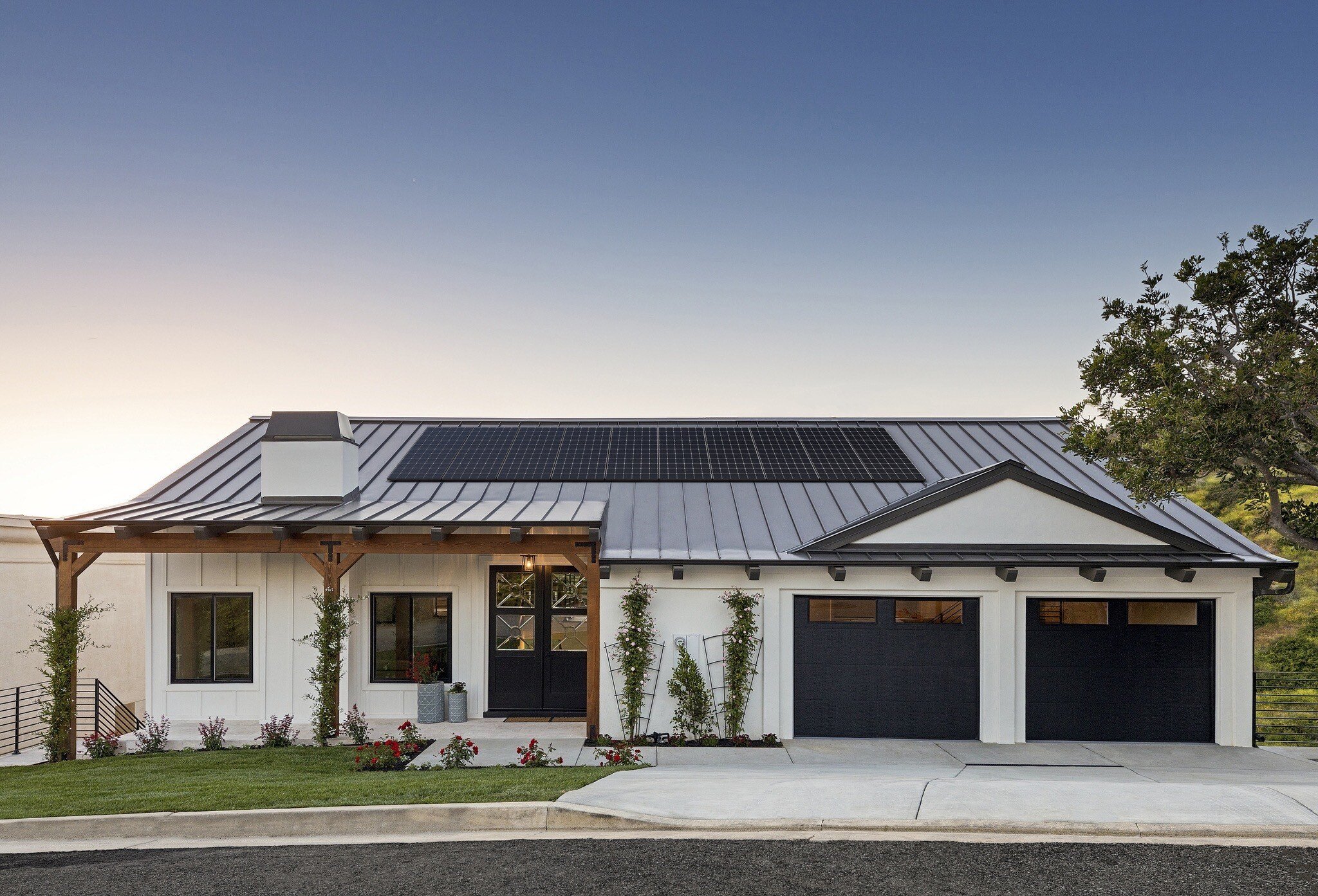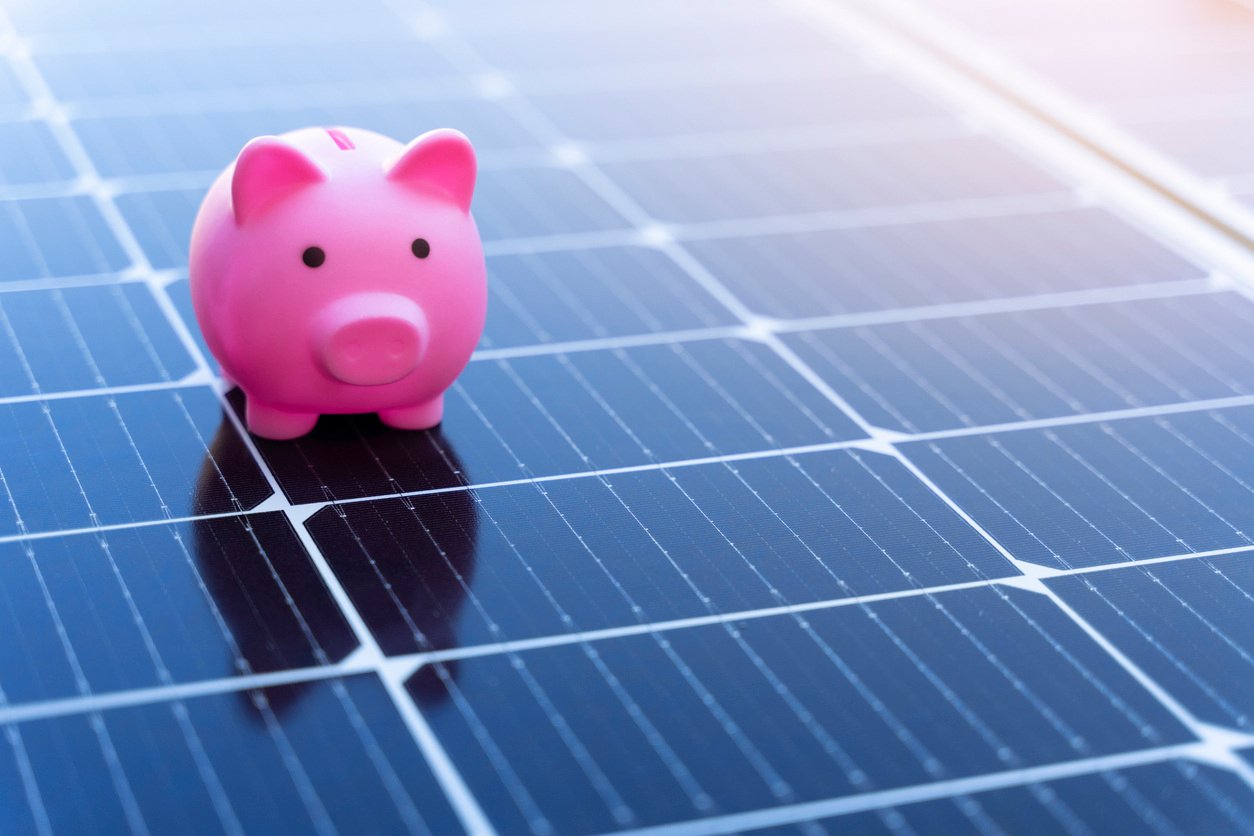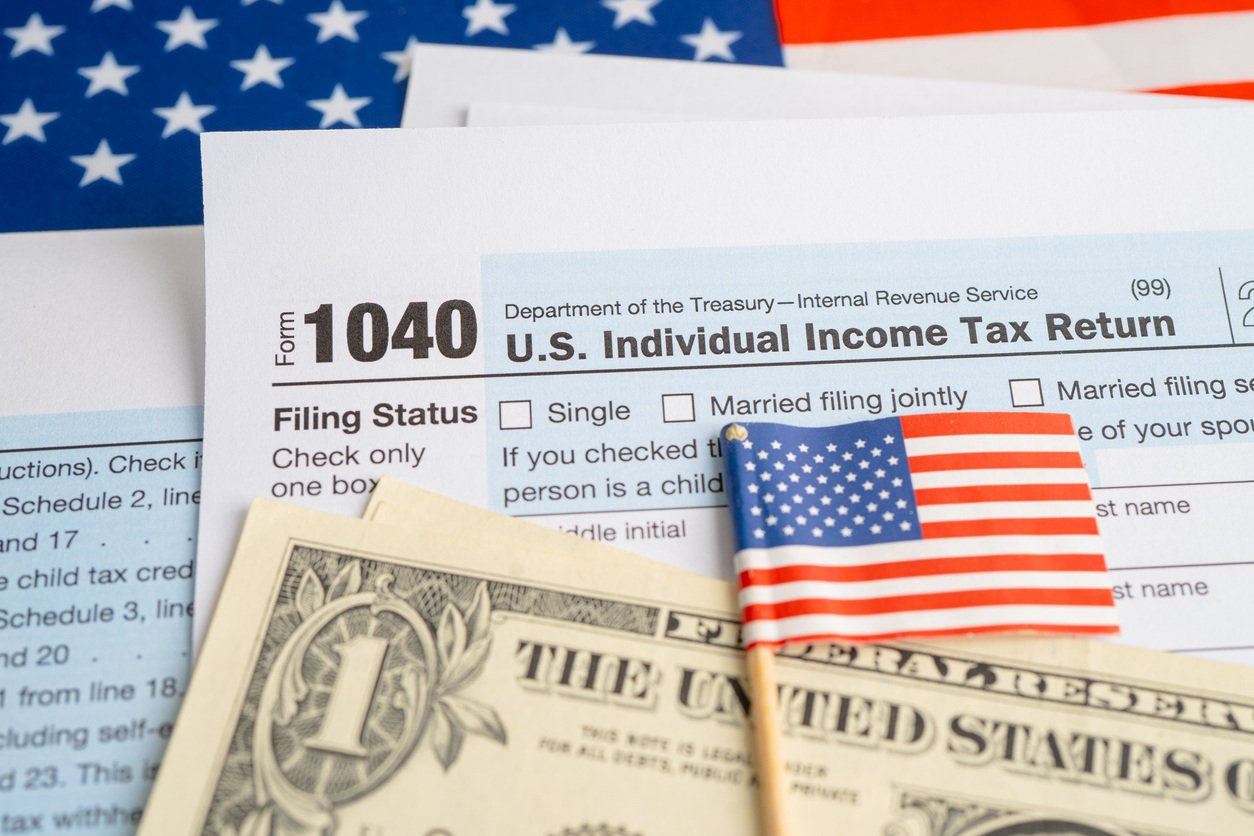Going solar is worth it for most Iowa homeowners because the long-term savings and benefits often outweigh the cost. Installing solar panels can dramatically reduce or even eliminate your electricity bills — on average, our customers are projected to save $25,000-$40,000 on energy bills over the next 25 years by going solar. Many consider the investment in a home solar system a hedge against rising inflation and electricity costs.
The cost of a home solar panel system has decreased by more than 40% in the past 10 years, and incentives like the 30% Federal Solar Tax Credit (ITC) and net metering through your utility provider can lower your cost even further.
However, installing a solar panel system is not the right choice for every homeowner and every home. If you're thinking about going solar, continue reading and answer our top 10 questions that will help you decide whether it's time to take the next steps.
Is Home Solar Worth It? 10 Questions To Decide
1. Do you qualify for the 30% Federal Solar Tax Credit?
The Federal Solar Tax Credit (ITC) pays you back for 30% of the cost of your new system in the form of a tax credit. For example, if your home solar panel installation project costs you $10,000, you would get $3,000 back in federal tax credits. The ITC covers solar panels and equipment costs, installation, labor, fees, sales tax, and storage devices (such as solar batteries). Learn more about claiming the Federal Solar Tax Credit (ITC).
2. Does your utility provider have a net metering savings program?
Net metering, or Net Energy Metering (NEM) is a billing system that measures the power your home produces through your solar energy system vs. the power your home consumes.
When your home's solar panel system produces more power than you consume (for example, on a sunny day in the summertime), the utility company credits that amount back to your account for you for a period of time, like a deposit into a bank account.
When your home's solar panel system produces less energy than you consume (for example, at nighttime in the winter), the utility company can draw from your deposited credit to cover the difference.
Net metering agreements vary by utility provider and are not offered by all energy companies.
Most Iowa homeowners get their electricity from Alliant Energy or MidAmerican Energy, and both providers offer net metering agreements favorable to home solar. This is one of the reasons that installing solar panels makes financial sense for many Iowans. As long as you install enough solar panels to produce the required amount of energy for your home, these net metering agreements should mean that you will pay $0 (or just a few dollars) to the utility company for your electric bill each month.
3. Do you pay a lot for electricity?
Quick math: the higher your electrical bill is today, the more you can save over time by investing in solar. But even if your usage and costs are lower than most, you can still enjoy the experience of receiving a $0 electric bill and the many added benefits of going solar.
4. Do you use a lot of electricity?
Do you have a pool, electric vehicles (EVs), or a workshop? Several family members who work from home? A tech-happy family who likes to crank the A/C and leave the lights on? If your home consumes a large amount of electricity, solar can help offset the costs.
5. Are you concerned about increasing electric prices and demand?
Global and national inflation aside, it's startling to compare the cost of electricity now vs. a few years ago.
According to the EIA (U.S. Energy Information Administration), United States residential electricity rates nearly doubled (+198%) from 1999 to 2024, with an average annual increase of 2.8%.
But from 2021 to 2022, we saw a 10% single-year rate increase, and from 2022-2023 prices went up another 6%.
.png?width=920&height=613&name=chart%20(1).png)
As for Iowa consumers, Alliant Energy plans to raise utility rates in 2024 and 2025, projecting a 13.4% increase in residential electrical bills. This is the utility company's third significant rate increase in the past 7 years. Learn more in our Solar 101 Blog article.
Increased demand is a key driver in price inflation. Over the next few years, electricity demand is projected to reach its highest growth rate in a decade and most of the United States will be at elevated or high risk for capacity shortfalls, according to industry watchdog group NERC. Much of Iowa falls into the high-risk category in their report.
Data centers, fueled by expanding AI technology, are expected to double their electricity usage from 2022 to 2026. Electric vehicles and the electrification of our economy are incentivized by US government programs. Electricity demand will reach its highest growth rate in a decade and put most of the US at elevated or high risk for capacity shortfalls, according to industry watchdog group NERC. Much of Iowa falls into the high risk category in their report.
While we can't predict exactly how much your electricity bills will increase over the next 25 years, we can use conservative estimates to calculate the expected long-term savings of installing a home solar panel system. Investing in a home solar system today may provide a hedge against inflation and protect your family from rising utility rates and the risk of future electrical grid shortfalls.
6. Do you value choice and independence?
As the saying goes, you can't choose your family utility provider.
Utility companies are natural monopolies, so they can increase their customer's rates at any time. They generally have no incentive to offer satisfactory customer service, deliver fast response times for power outages and repairs, improve grid performance, or invest in clean energy. If you're unhappy with your experience, you can't take your business elsewhere and switch to another utility provider.
Happily, going solar is one best ways to gain choice, control, and consistency in how you get your energy.
You'll be energy independent instead of reliant upon the overburdened electrical grid. You'll know exactly how much you will pay for your solar panel system each month. And you'll know that you are supporting a clean and sustainable future for your community.
7. Do you want to increase your property's resale value?
Unsurprisingly, having a low/non-existent monthly electric bill is a strong selling point for homebuyers.
Installing a solar panel system will increase the average US home's value by 4-7%, or $20,000-$33,000 based on estimates from several studies:
- According to a 2019 Zillow study, a solar panel system can increase a home's value by an average of 4%, or about $20,000 based on the average US home sales price.
- A more recent study by SolarReviews predicts a 6.8% increase, or about $33,000 based on the average US home sales price.
- The Appraisal Journal estimates that for every $1 a solar energy system saves a homeowner in annual energy bills, the home's value increases by $20. Homeowners with solar panels save an average of $1,644 per year in utility bills, so the average home value increase would be $32,880 by these metrics.
8. Are you looking to reduce your carbon footprint?
Solar energy is a renewable source of power and electricity, and it plays a key role in reducing carbon emissions and mitigating climate change, which is crucial for safeguarding not only humans but also wildlife and ecosystems.
Solar panels do not pollute the air or produce greenhouse gasses. They use the sun's natural radiation to convert heat into energy, providing a clean and sustainable way to power electrical systems. Unlike other energy sources, solar does not contribute to water or noise pollution. Solar panels are durable, maintaining optimal efficiency for at least 25 years (and often continue to operate effectively for 50 years). Once they're up and running, they require little to no ongoing maintenance or resources.
When our customers install a home solar panel system, they save the same amount of CO2 from entering the environment as they would by planting 5,000-10,000 trees on average, according to our modeling software.
9. Will you buy in cash or qualify for financing?
If you can pay cash for your home solar energy system, you will maximize your savings over time and the project will pay for itself sooner. But if you don't want to part with that much cash upfront, it's easy to get a loan to finance your system if you have a good credit. Several of our partners offer $0 down financing and competitive rates. Often, homeowners who choose to finance their systems still pay less per month for their loan than they previously paid for electric.
10. Is your roof (or ground-mount area) solar-friendly?
The size, age, material composition, and pitch of your roof are all important factors that determine suitability for solar panel installation. The roof must be in good condition and have enough space for the number of panels your system requires. While south-facing roof space is ideal, West, East, and even North-facing slopes can be used, though their efficiency will be reduced. Shade from trees or other structures can diminish the production of your solar panel system.
Solar consultants and certified installers are trained to evaluate your home's suitability for solar and design a system that fits your goals.
Closing Thoughts
There are many reasons Iowans choose to go solar. When you are ready to take the next step, take care to select a solar company that you trust to guide you through each step in the process. Choose a local, experienced team with in-house electrical expertise that offers competitive pricing, high quality products, and a guarantee on their work.





